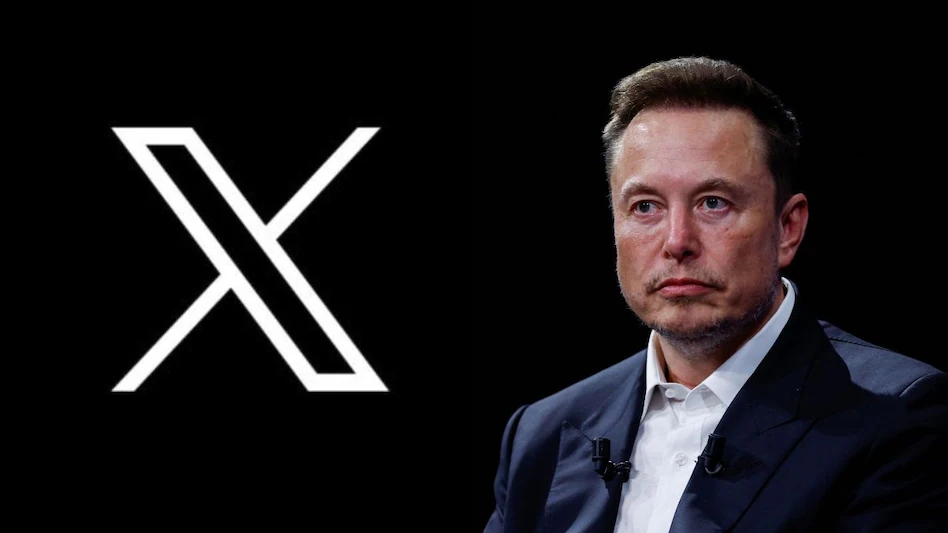Already a subscriber? Make sure to log into your account before viewing this content. You can access your account by hitting the “login” button on the top right corner. Still unable to see the content after signing in? Make sure your card on file is up-to-date.
Elon Musk’s social media company X has officially filed a federal lawsuit against New York State, challenging the constitutionality of a new law that mandates transparency around how platforms moderates certain content.
Getting into it: The lawsuit, filed in Manhattan federal court, challenges New York’s recently enacted “Stop Hiding Hate Act.” The company is seeking to block enforcement of the law, arguing it violates the First Amendment by forcing social media platforms to disclose how they moderate protected speech, including content related to hate speech, extremism, and disinformation.

Passed in December 2024 and set to take effect in mid-2025, the Stop Hiding Hate Act mandates that social media companies clearly publish their terms of service and submit regular reports to the New York State Attorney General. These reports must detail the steps taken to address and moderate harmful content such as hate speech, harassment, foreign influence operations, and disinformation. It includes significant enforcement mechanisms, allowing civil fines of up to $15,000 per violation per day for non-compliance.
X’s legal team argues that this law effectively forces companies to disclose internal viewpoints and moderation choices that may be politically sensitive or unpopular, constituting compelled speech. They argue that the government should not dictate or coerce transparency regarding subjective decisions about acceptable online content, especially in areas where definitions of “hate” or “extremism” are highly contested and variable across political and cultural lines.
In support of its position, X points to a similar 2023 law passed in California that imposed nearly identical disclosure requirements. Enforcement of that law was partially blocked by the US Ninth Circuit Court of Appeals in September 2023 on constitutional grounds.







